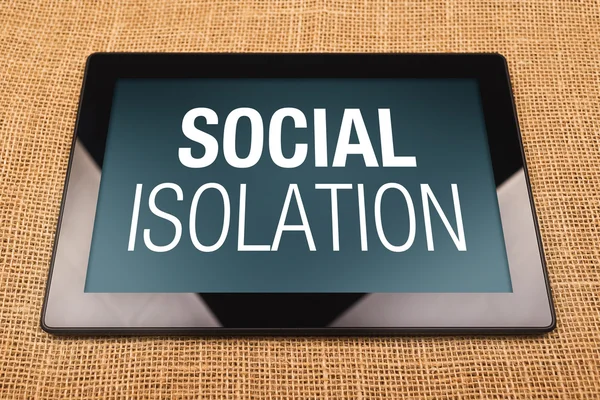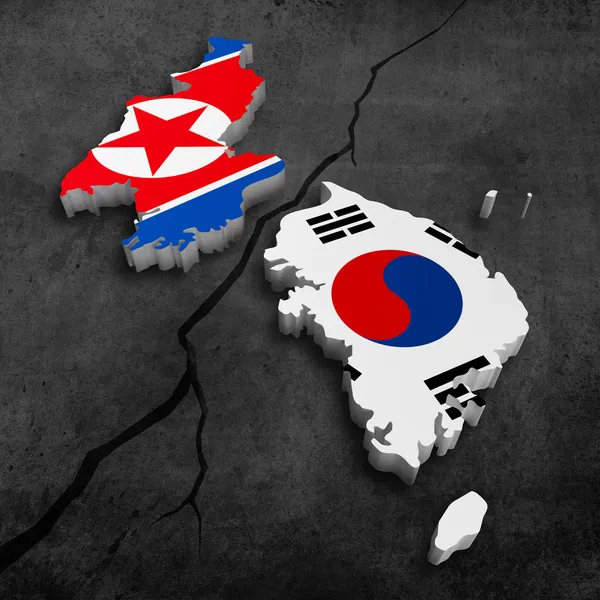
A pastor has asked the question of whether the word we use to address the pope in Korean is one that we should be comfortable with today. He presents this to the readers in his essay in the Catholic Times.
Many people think the title that we give the pope is not that important but the present title for the pope in Korean is: ‘Hwang’ (皇) which in Korean means emperor (皇帝, emperor). We call the king of an imperialist country 'Emperor'. If you have the opportunity to meet personally with Pope Francis, ask him: "Do you know that in Korea, you are called the emperor—‘Religious Emperor’ (the Emperor of the Catholic Church)?” The writer would like to see the expression on his face.
“Imperialism” refers to aggression that seeks to build a great nation by colonizing other countries and peoples. European imperialism colonized Africa, Asia, and the Americas, plundered, massacred, and destroyed indigenous cultures and religions. That pain continues to this day. In fact, the Pope in the Middle Ages exercised the authority of the emperor not only religiously but also politically, inciting the Crusades, and transplanting imperialistic civilization in the name of God and the Church during the ‘age of voyages’ that began in the 15th century.
At the Amazon Synod in October 2019, Pope Francis deeply apologized for the mistakes of the church in the era of imperialism. “With shame, I humbly ask forgiveness for the terrible crimes throughout the history of the Amazon, the crimes committed against the indigenous tribes in the so-called conquest of America, and also for the wrongs committed by the church itself.” Apostolic Exhortation 「Beloved Amazon」 Paragraph 19) And in July 2022, he visited a boarding school for Canadian Indians and once again begged for forgiveness for the evils committed by Christians against indigenous peoples and their children in the past. And in March 2023, the Vatican officially rejected the ‘Doctrine of Discovery’, which justified the colonial occupation by Western imperialist countries by papal decrees, and declared that this is “not the teaching of the Catholic Church.
Didn't Korea also suffer as a colony of Japanese imperialism, and the nation has continued to suffer since it was divided into North and South Korea? Is it really right for us, who are suffering such pain, to use the title of emperor as the title for the highest pastor of the church? Where in the gospel does the imperialist emperor-ship come from? The priest's face gets hot whenever he uses the word 'our emperor' when he says Mass every day. He discussed it with the parishioners and promised to call him '교종' (pope) in the parish.
The present bishops of Korea also prefer the present term for pope but the priest writer does not agree with the position of the bishops' terminology committee that changing the word would only confuse believers.
There will continue to be discussions on this point for years to come for all realize that the word now used in Korea is not following the traditional understanding of who the pope is. The word we use to address him has too much that is contrary to what we Koreans understand the pope to be.
If you look at Paul's epistles, the early church called believers 'saints' (聖徒). However, the current Korean church calls believers "lay believers" (平信徒) and distinguishes them from "holy priests"(聖職者). This term, which distinguishes between the holy and the ordinary, also makes us see how the Catholic Church is trapped in a hierarchical and vertical paradigm. All baptized believers are priests participating in the universal priesthood. What if we also use the title of “saints” as in the early church? The terminology needs to be changed so that the thinking can change and the structure can also be changed. At this time when we are struggling to establish a synodalitas church—A church that walks together—would it not be nice to change the word we use for the pope as ‘pope’ and the laity as ‘saints’.





